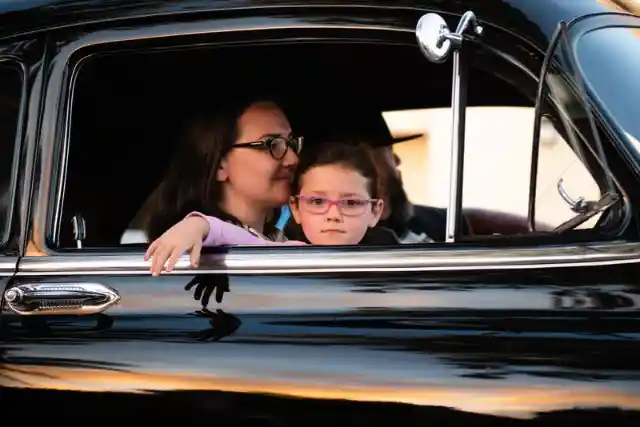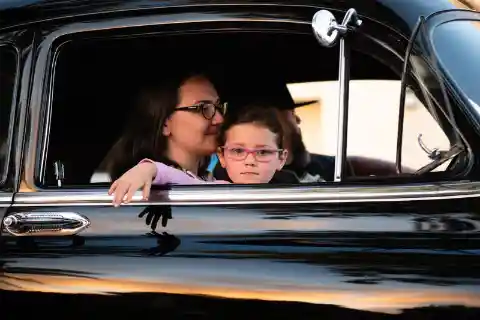For any driver, the fear of being asleep at the wheel is a common one. Falling asleep when driving is a common problem for many. It is something that, for the majority of drivers, is something that remains among the biggest fears when taking the wheel. Given that a recent study found that around half of drivers in America will drive their car when feeling drowsy, though, it shows you that not enough drivers heed this warning. So, technology, as ever, is stepping up to keep us safe.


There is a new range of camera systems that will be fitted in some modern vehicles. These will be used to monitor the driver and thanks to laser technology will be constantly scanning to spot signs of drowsiness. If a driver looks like they might nod off at the wheel, the car will take over and stop the incident from taking place. Many in the industry are calling this a ‘game changer’ for asleep-at-the-wheel crash incidents.
Given most car accidents are a result of a mistake by the driver, it is vital that we develop hardware that can stop us from making such a crucial mistake. Vehicle performance is impaired by a tired driver, and as such, it is vital that we can do more to help keep drivers who are tired from putting other people at risk.


How does this drowsiness detection equipment work?
The aim will be to use various facial scanning algorithms to spot signs when a face is reaching drowsiness. You know yourself how hard it can be to hide when you are tired; well, the hope is that AI scanning will be able to spot this. It will also be designed to detect things like your heart rate, your pulse rate, and your EEG.
These are clear signs that someone is growing tired, and the car can then kick into action to stop you from putting yourself – and others – at needless risk. The behavior of a vehicle is linked to the condition of the driver. As such, there is a clear link between keeping a car under control. Things like needless speed changes, the angle of the car, and the position according to the road will be used to determine the alertness of the driver.
With computer tech that will be using a massive database of facial scans and more to determine drive conditions, drowsiness could become a problem of the past – eventually. The more that can be done to stop drivers from putting other people at risk, though, the better.